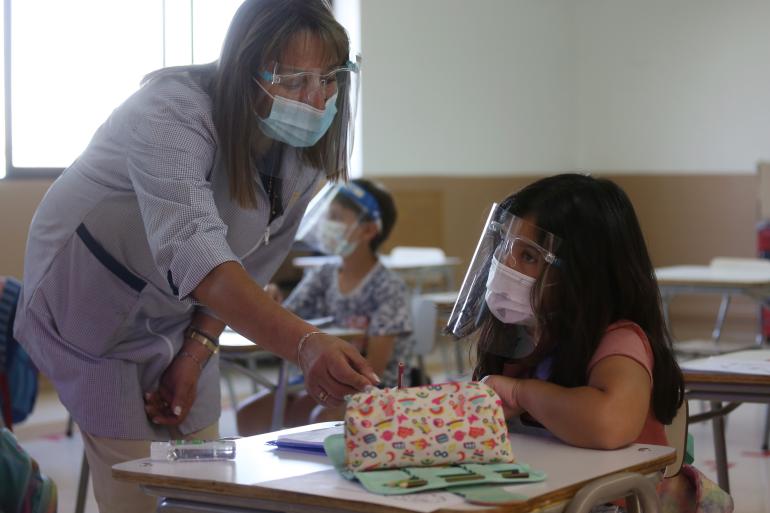One of the most recurrent assumptions in the educational paradigm has to do with the fact that knowledge is contained in teachers, and the truth is that, although they have specialised in certain areas of knowledge, like everyone else, they don’t know everything. And that is fine.
By Matías Nieto
Small habits in education can sustain much more complex learning structures, such as a teacher saying “I don’t know” when faced with a student’s question. This small gesture implies the recognition of a condition of human beings in the face of existence. And that can be revealing, both for the teacher and for the student. So, a situation that in the past could be considered unthinkable, today is transformed into an opportunity to say: “Can you give me until the next class to find out”, “How about investigating it together”, “Do you think we should investigate it and compare what we find? And so, an everyday event offers us a variety of pedagogical opportunities to find what we are looking for, but it also offers us many others to establish more open relationships between the actors of the educational community. Strengthening bonds, generating trust, respect and appreciation for others.
Changing habits is challenging, because it involves unlearning the old and learning new things. It is like when you learn to drive, you must first become absolutely conscious of every movement you make with the steering wheel, the points you observe, the changes of feet with the pedals, the synchrony of moving the indicator lever when turning. If we were to travel to a country where people drive on the opposite side of the road, we must adjust some habits. At first, very consciously. But eventually, over time, our driving adjusts to the new reality.
At Fundación Semilla, we believe profoundly in the capacity of school communities to adapt and grow. One piece of advice to achieve this is to review our daily habits, including losing the fear of saying “I don’t know”.
Matías Nieto, Executive Director of Fundación Semilla and Member of the Advisory Council for School Coexistence of MINEDUC.












